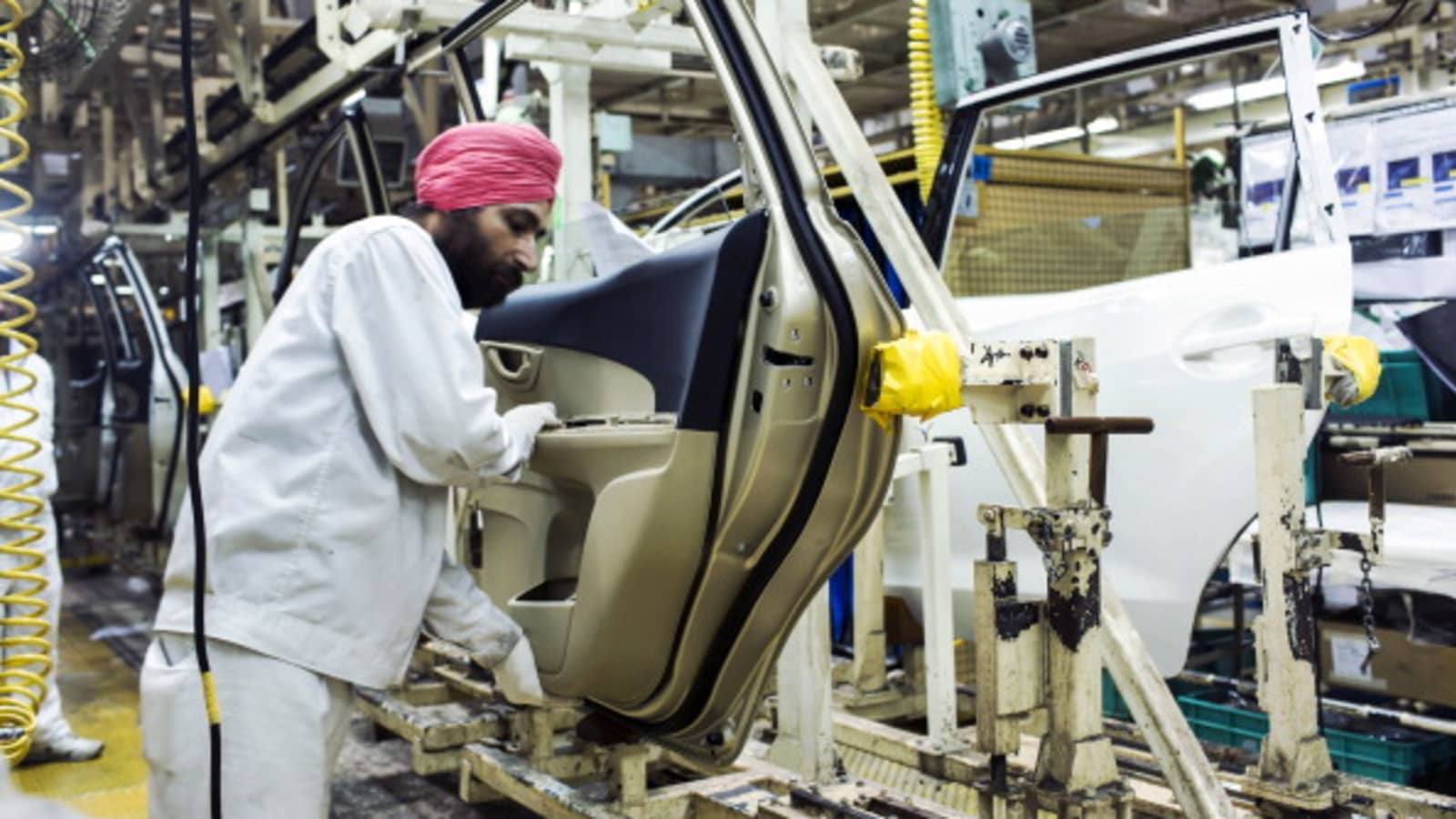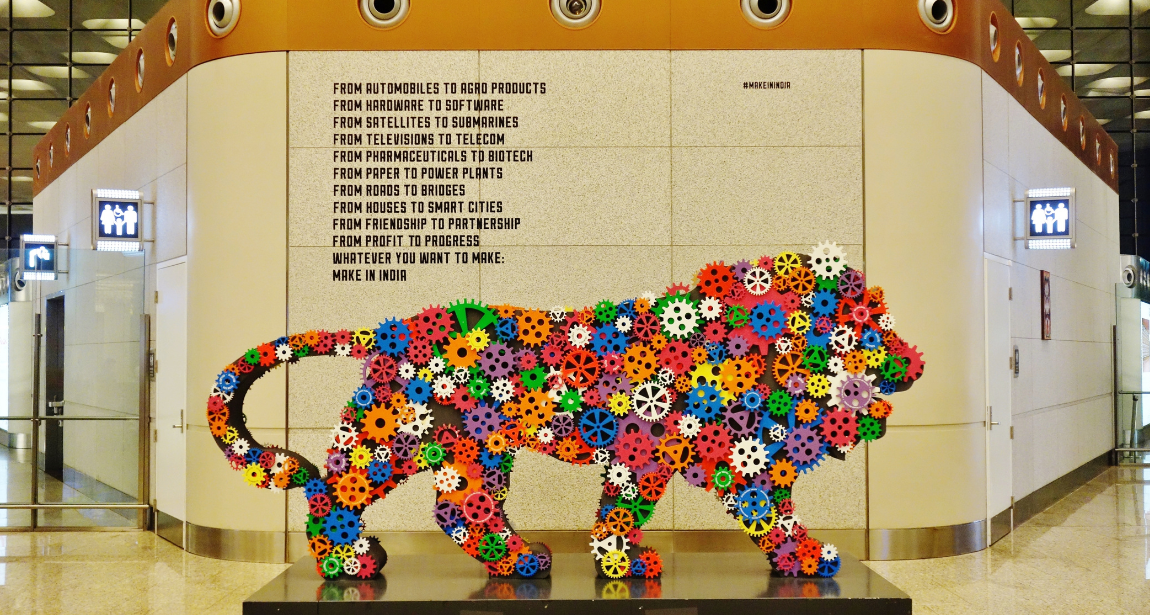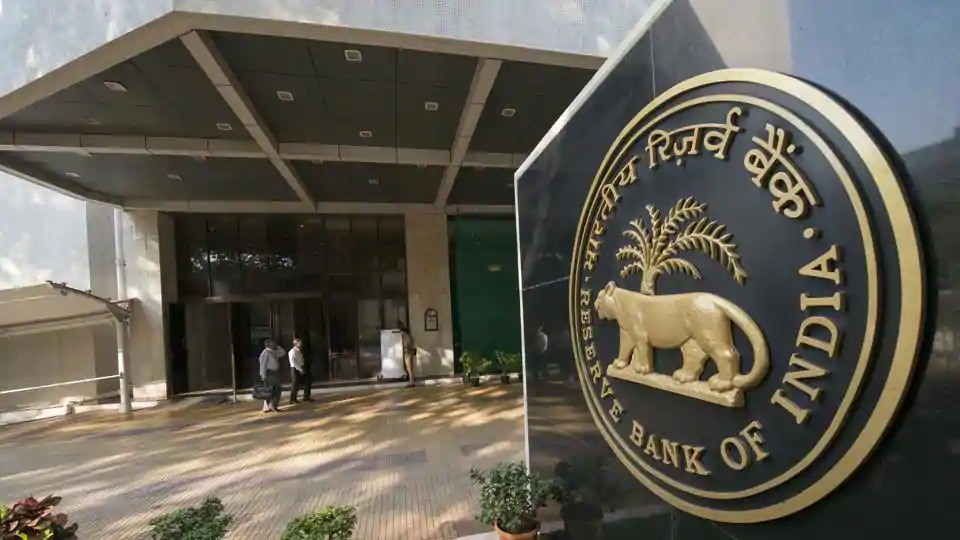Essar pioneers green mobility to decarbonise India’s transport sector
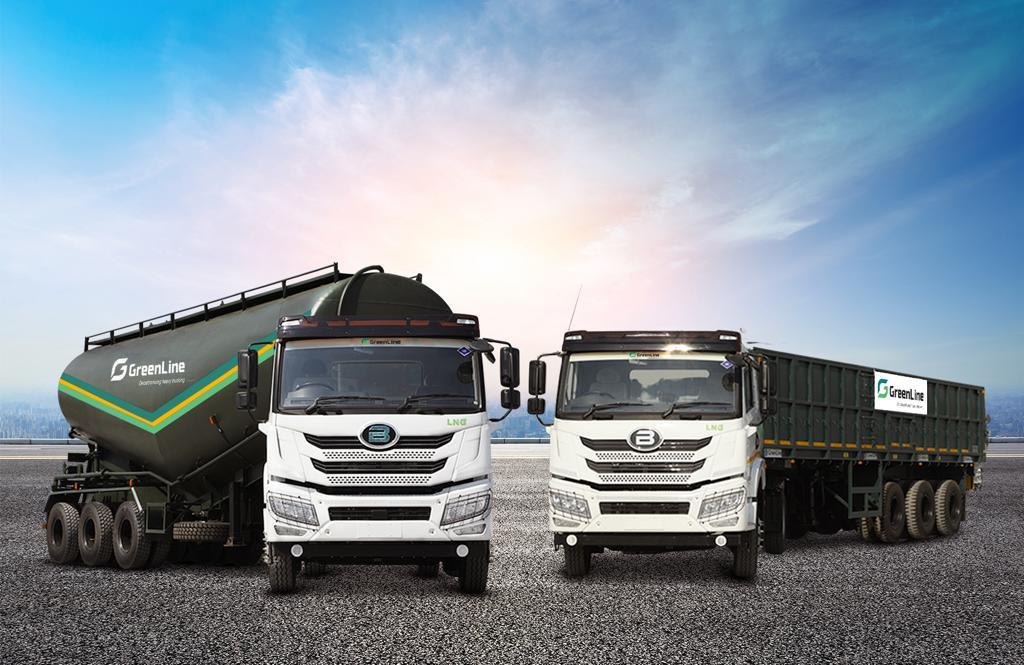
As global attention intensifies on environmental, social, and governance (ESG) issues, Essar is leading the charge with innovative solutions to reduce emissions in India’s transportation sector. Through its Green Mobility initiative, Essar is focused on building a sustainable, low-carbon ecosystem for the country’s road logistics industry.
India’s road logistics sector is vital to the economy, accounting for 70% of domestic freight. However, trucks are among the biggest polluters on the road, with each vehicle emitting approximately 110 tonnes of carbon dioxide annually. With 4 million trucks on the road—a number expected to double in the near future—the need for cleaner transportation solutions is critical.
In response, Essar is actively deploying LNG for long-haul trucking and preparing to introduce electric vehicles (EVs) for short-haul operations, aiming to decarbonise India’s transportation sector and achieve up to a 70% reduction in emissions. This dual approach is poised to significantly enhance the sustainability of India’s road logistics sector.
Switching from diesel to LNG can reduce CO2 emissions by 30-35% and eliminate SOx emissions. It also cuts NOx by up to 59%, lowers particulate matter by 91%, and reduces CO emissions by 70%.
At the heart of Essar’s Green Mobility initiative are three key entities: Blue Energy Motors (BEM), GreenLine Mobility Solutions (GreenLine), and its subsidiary Ultra Gas & Energy (UGEL). Together, they form a formidable force pushing the boundaries of sustainable transportation and accelerating the adoption of LNG and EV technology across India.
BEM leads the development and manufacturing of cutting-edge LNG-powered heavy-duty trucks, setting new standards for efficiency and sustainability. GreenLine then takes charge of operating and managing the fleet, ensuring seamless deployment and optimal performance across key logistics routes. Meanwhile, UGEL is building a nationwide network of green fuel hubs, providing critical infrastructure and ensuring that clean LNG fuel is easily accessible to fleets across the country. Together, these entities create a robust, interconnected ecosystem that not only decarbonises the logistics sector but also enables a more sustainable and future-ready transportation infrastructure.
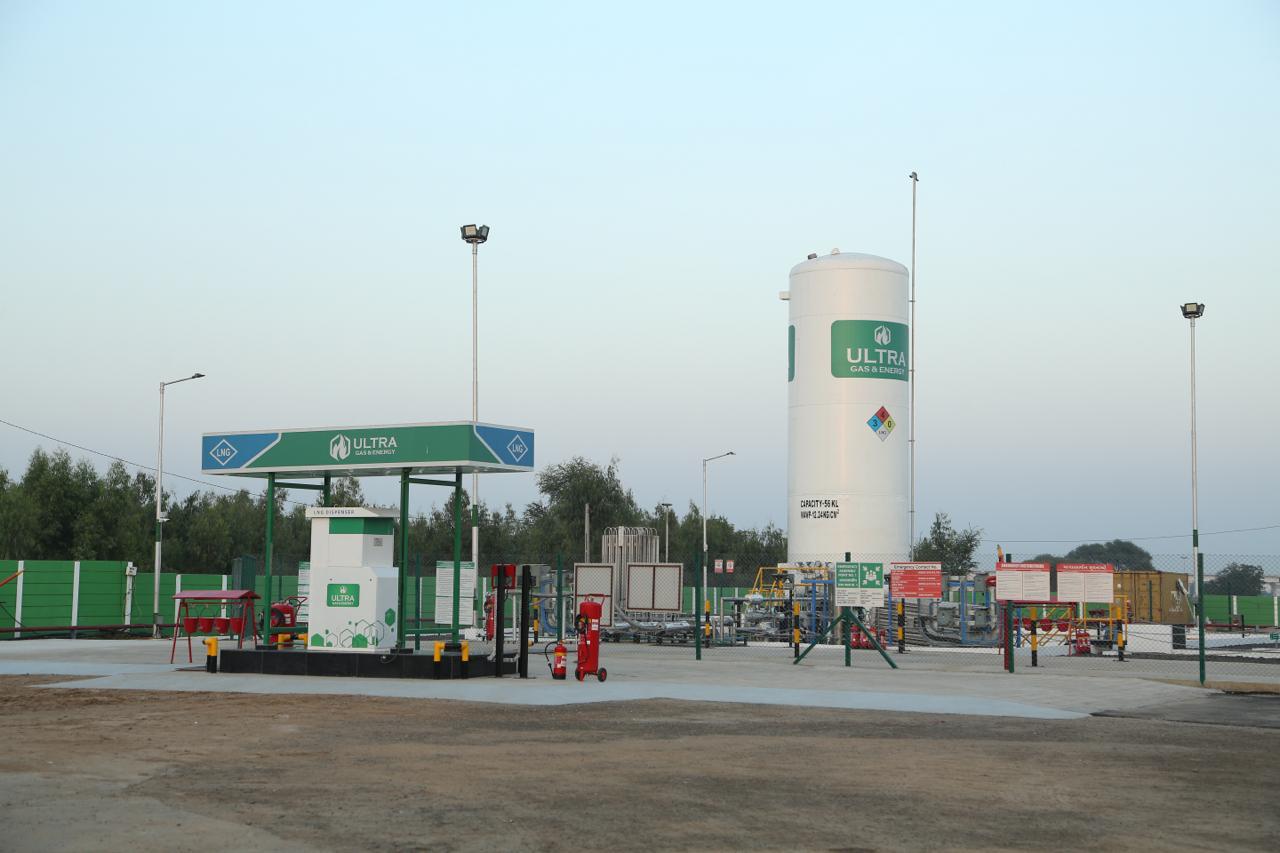
GreenLine currently operates the largest fleet of LNG-powered trucks in India, with over 500 vehicles in service and plans to scale up to 1,000 by FY25. Serving a wide range of industries—including cement, steel, metals & mining, FMCG, express cargo, oil & gas, chemicals, and consumer goods—Essar’s GreenLine is fast becoming a preferred green logistics partner to corporate India. Over the past two years, GreenLine’s initiatives have led to a 30% reduction in CO2 emissions compared to conventional diesel trucks, translating into a remarkable decrease of 6,049 tonnes of carbon emissions.
Meanwhile, UGEL is focused on delivering a diverse range of future-ready fuels, including LNG and EV charging infrastructure, targeting coverage of approximately 85% of India’s key freight corridors. Currently, UGEL operates LNG hubs in Chennai, Tamil Nadu, and Anand, Gujarat, as part of a nationwide network of 13 LNG fuel hubs. The company plans to expand this network with 10 additional LNG hubs by FY25.
Each UGEL retail outlet has the potential to store up to 50 tonnes of LNG, providing critical infrastructure for the growing fleet of LNG-powered trucks. These fuel hubs support a fleet of up to 600 trucks each month, helping eliminate approximately 70,000 tonnes of CO2 emissions annually by replacing diesel with cleaner LNG in heavy-duty transport.
The Indian government is playing a pivotal role in advancing green mobility. The Ministry of Petroleum & Natural Gas (MoPNG) has proposed a scheme to reduce transport sector emissions by one-third, focusing on promoting LNG for long-haul heavy-duty vehicles (HDVs). The initiative aims to convert one-third of existing HDVs to LNG within the next 5–7 years, supported by a dedicated LNG capacity allocation.
The government is also actively encouraging the adoption of electric vehicles (EVs) in the trucking sector to further its green agenda. These efforts align with Essar’s Green Mobility initiative, accelerating the transition to sustainable transport. Together, these initiatives support the Viksit Bharat 2047 vision, targeting a $30-trillion economy built on sustainable growth and infrastructure development.
With its focus on decarbonisation, cutting-edge technology, and strategic investments in LNG and EV infrastructure, Essar is not just responding to today’s environmental challenges—it’s actively shaping the future of transportation.
Essar, with an entrepreneurial track record spanning 50 years, specialises in investing and developing assets to create value in core sectors such as Energy, Infrastructure, Metals & Mining, and Technology & Retail. With a presence in 35+ countries, Essar generates revenues of US$15 billion and provides employment for over 7,000 people.

